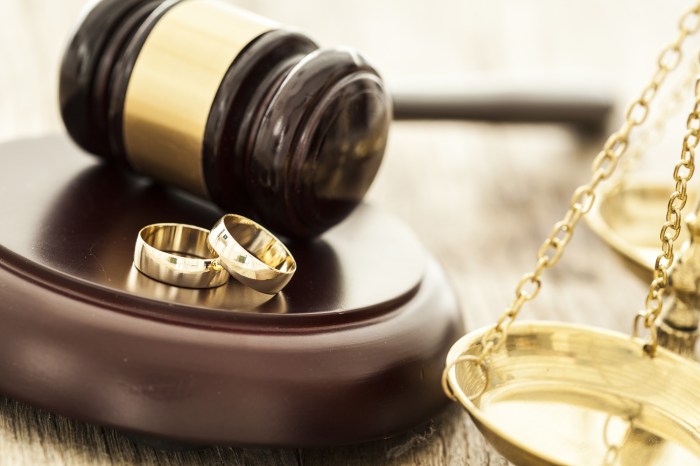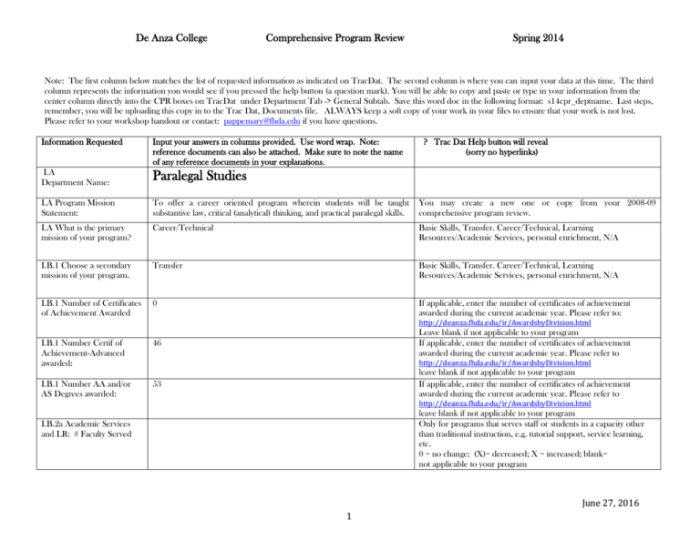The trial preparation checklist for paralegals is an essential tool for ensuring that all aspects of a case are thoroughly prepared and organized. This comprehensive guide provides a detailed overview of the steps involved in trial preparation, from case management and legal research to witness preparation and trial procedure.
By following this checklist, paralegals can help attorneys streamline the trial preparation process and achieve the best possible outcome for their clients.
Case Management

Maintaining a well-organized and comprehensive case file system is essential for efficient trial preparation. This includes organizing case-related documents, such as pleadings, discovery responses, and witness statements, in a logical and accessible manner. Paralegals should also develop a system for tracking key dates, deadlines, and other important information.
Electronic Discovery and Document Production
- Paralegals should be familiar with the rules and procedures governing electronic discovery and document production.
- They should also be able to use electronic discovery software to identify, collect, and produce relevant documents.
Legal Research

Thorough legal research is essential for developing a winning trial strategy. Paralegals should be proficient in using legal databases, case reporters, and other research tools to identify and analyze relevant case law and statutes.
Research Strategies, Trial preparation checklist for paralegals
- Paralegals should develop effective research strategies to ensure that they are finding the most relevant and up-to-date legal authority.
- They should also be able to evaluate the quality and reliability of legal sources.
Witness Preparation

Preparing witnesses for trial is a critical aspect of trial preparation. Paralegals should be able to conduct effective witness interviews to gather information and develop examination strategies.
Difficult or Hostile Witnesses
- Paralegals should be prepared to handle difficult or hostile witnesses.
- They should be able to develop strategies for minimizing the impact of such witnesses on the trial.
Trial Exhibits: Trial Preparation Checklist For Paralegals
Trial exhibits can be used to support a party’s case and to make it more persuasive to the jury. Paralegals should be able to organize and prepare trial exhibits in a manner that is both effective and compliant with the rules of evidence.
Demonstrative Exhibits
- Paralegals should be able to create demonstrative exhibits, such as charts, graphs, and timelines, that are clear and easy to understand.
- They should also be able to explain the purpose and relevance of each exhibit to the jury.
Trial Procedure
Paralegals should be familiar with the basic steps involved in a trial. This includes the roles of the judge, jury, and attorneys, as well as the procedures for opening statements, direct examination, cross-examination, and closing arguments.
Trial Motions
- Paralegals should be able to assist attorneys with preparing and filing trial motions.
- They should also be able to research and provide legal support for trial motions.
Post-Trial Procedures
Post-trial procedures can include filing post-trial motions, preparing for appeals, and preserving evidence. Paralegals should be familiar with the procedures and ethical considerations related to post-trial conduct.
Ethical Considerations
- Paralegals must maintain confidentiality and avoid conflicts of interest in all post-trial proceedings.
- They must also be aware of the ethical rules governing the preservation of evidence.
Common Queries
What is the purpose of a trial preparation checklist for paralegals?
A trial preparation checklist for paralegals is a tool that helps paralegals organize and track all aspects of a case, ensuring that all necessary documents, information, and witnesses are prepared and ready for trial.
What are the key elements of a trial preparation checklist for paralegals?
The key elements of a trial preparation checklist for paralegals typically include case management, legal research, witness preparation, trial exhibits, trial procedure, and post-trial procedures.
How can paralegals use a trial preparation checklist to improve their efficiency?
Paralegals can use a trial preparation checklist to improve their efficiency by streamlining the trial preparation process, reducing the risk of errors, and ensuring that all necessary tasks are completed on time.